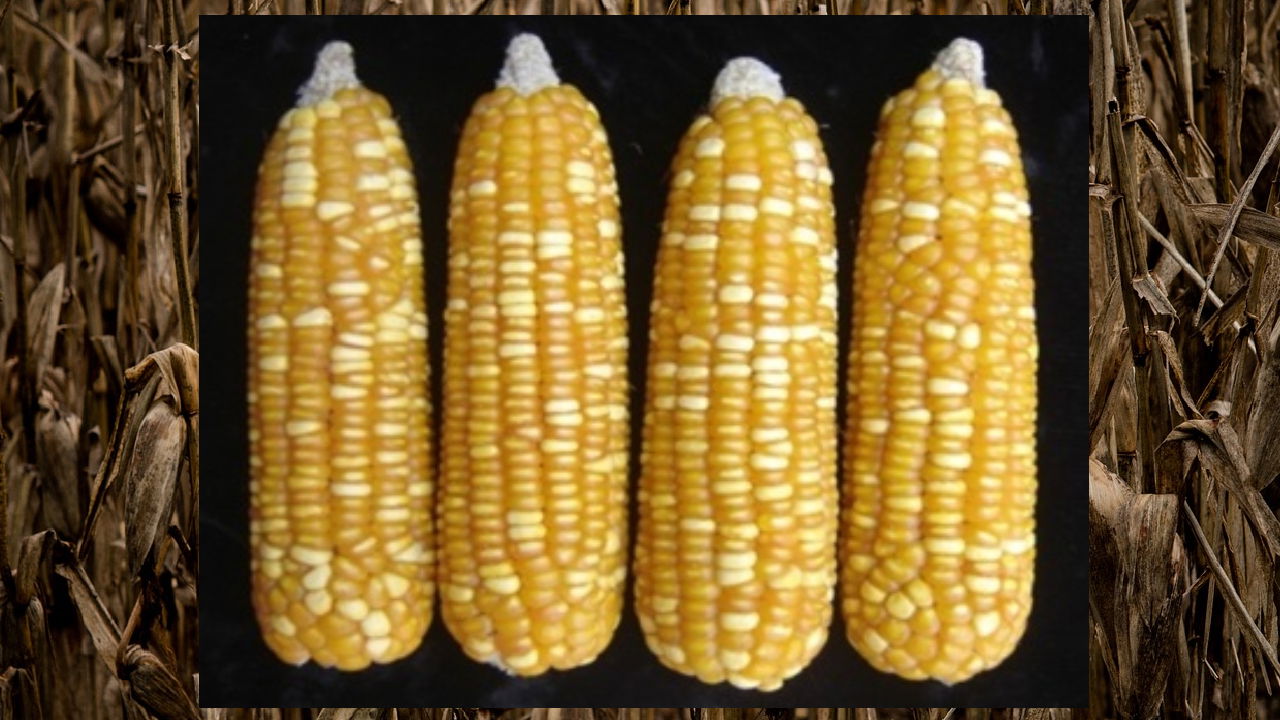
Maize, often referred to as corn, is a staple crop in many parts of the world, and India is no exception. Among the various maize varieties, Pusa HM4 stands out as a particularly promising option, especially for baby corn production. Developed by the ICAR-Indian Agricultural Research Institute in New Delhi, this hybrid maize is gaining popularity across various states in India. Let’s explore what makes Maize Pusa HM4 an excellent choice for farmers, particularly in the eastern and southern regions of the country.
Key Characteristics of Maize Pusa HM4
-
Hybrid Variety: Maize Pusa HM4 is a hybrid maize variety, specifically bred for its desirable traits. The hybrid nature of this maize means it has been selectively bred to combine the best qualities of different parent plants, resulting in a more robust and productive crop.
-
Male Sterility: One of the standout features of Pusa HM4 is its 100% male sterility. Male sterile plants do not produce pollen, which is an advantage in hybrid seed production as it simplifies the process of cross-pollination. This also eliminates the risk of unwanted anther exertion, ensuring uniformity in the crop.
-
Baby Corn Production (ABSH4-2): Pusa HM4 is also known as Baby Corn-2 (ABSH4-2), making it an ideal choice for producing baby corn, a popular vegetable used in various culinary dishes.
-
Wide Adaptability: This maize hybrid is suitable for cultivation in several states, including Bihar, Jharkhand, Odisha, Uttar Pradesh (Eastern region), West Bengal, Maharashtra, Karnataka, Andhra Pradesh, Telangana, Tamil Nadu, Gujarat, Madhya Pradesh, Chhattisgarh, and Rajasthan. Its adaptability across these diverse regions makes it a versatile choice for farmers.
-
Optimal for Irrigated Conditions: Pusa HM4 is best suited for irrigated conditions, particularly during the Kharif season. This makes it a reliable option for farmers in regions where water availability is ensured during the rainy season.
Yield and Growth Characteristics of Maize Pusa HM4:
-
High Yield Potential: Pusa HM4 boasts impressive yield figures, depending on the agro-climatic zone:
-
19.56 quintals per hectare (q/ha) in the North Eastern Plains Zone (NEPZ).
-
14.07 q/ha in the Peninsular Zone (PZ).
-
16.03 q/ha in the Central and Western Zones (CWZ).
-
Short Maturity Period: The crop matures in just 53 days, making it a fast-growing option that allows for quick turnover in fields, enabling farmers to plan for successive crops within the same growing season.
Disease Resistance
Pusa HM4 is not only productive but also resilient. It is resistant to, or moderately resistant to, charcoal rot, a disease that can significantly impact yield if not managed. This resistance adds to the reliability of this hybrid, reducing the risk of crop losses and ensuring more stable production.
Why Choose Maize Pusa HM4?
For farmers in the suitable regions, Pusa HM4 offers a combination of high yield, short maturity, and disease resistance. Its 100% male sterility makes it particularly advantageous for those involved in hybrid seed production. Additionally, its suitability for baby corn production adds another layer of versatility, catering to markets that demand this vegetable.
By choosing Maize Pusa HM4, farmers can take advantage of a crop that is not only adaptable to various climates but also robust in its resistance to common maize diseases. Whether you're a small-scale farmer or managing larger fields, this hybrid maize offers a reliable and profitable option for your agricultural endeavors.
In the ever-evolving landscape of agriculture, selecting the right crop variety can make a significant difference in yield and profitability. Maize Pusa HM4, with its blend of high productivity, disease resistance, and adaptability, stands out as a top choice for farmers, particularly in the irrigated regions of India. As the Kharif season approaches, considering Pusa HM4 could be a strategic move to enhance your farm’s output and contribute to the growing demand for quality baby corn in the market.
















